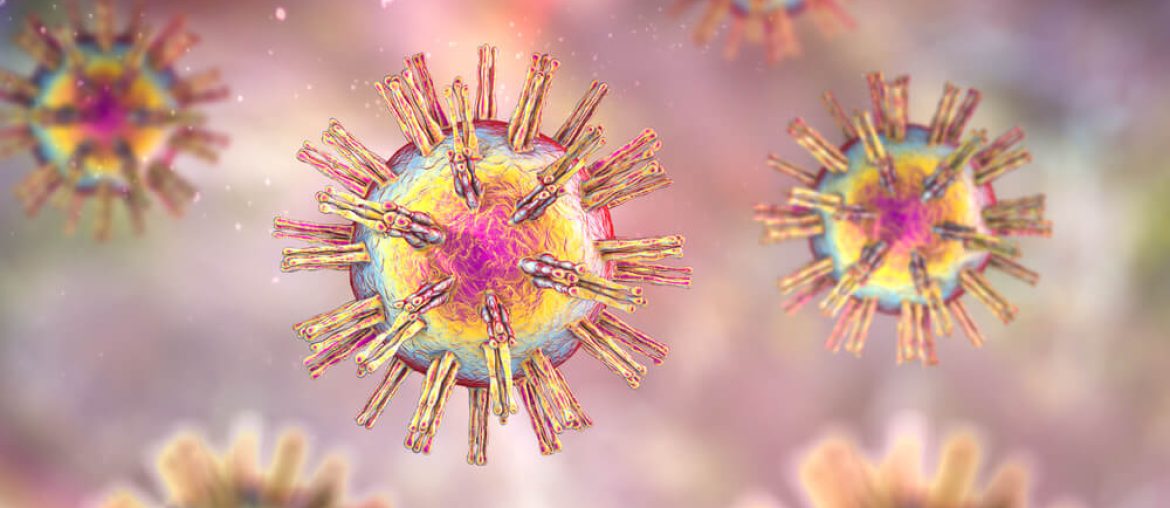Genital herpes is a sexually transmitted infection (STI) caused by the herpes simplex viruses type 1 (HSV-1) and type 2 (HSV-2). HSV-1 most often causes infections of the mouth and lips, called cold sores or “fever blisters.” HSV-2 is the most common cause of genital herpes. There is no cure for genital herpes. But you can take medicine to prevent outbreaks and to lower your risk of passing genital herpes to your partner.
How do you get genital herpes?
Genital herpes is spread through:
- Vaginal, oral, or anal sex. The herpes virus is usually spread through contact with open sores. But you also can get herpes from someone without any symptoms or sores.
- Genital touching
- Childbirth from a mother to her baby
- Breastfeeding if a baby touches an open sore
What are the signs and symptoms of genital herpes?
Most women with genital herpes do not know they have it. But if you get symptoms with the first outbreak of genital herpes, they can be severe.
Within a few days of sexual contact with someone who has the herpes virus, sores (small red bumps that may turn into blisters) may show up where the virus entered your body, such as on your mouth or vagina. After a few days, sores become crusted and then heal without scarring.
Other early signs and symptoms of genital herpes may include:
- Feeling of pressure in the abdomen
- Flu-like symptoms, including fever
- Itching or burning feeling in the genital or anal area
- Pain in the legs, buttocks, or genital area
- Swollen glands
- Unusual vaginal discharge
- If you have any signs or symptoms of genital herpes, see a doctor or nurse.
What should I do if I have genital herpes?
If you have genital herpes:
- See a doctor or nurse as soon as possible for testing and treatment. Herpes has no cure. But antiviral medicines can prevent or shorten outbreaks during the time you take the medicine.
- Take all of the medicine. Even if symptoms go away, you need to finish all of the antiviral medicine.
- Tell your sex partner(s) so they can be tested and treated if necessary.
- Avoid any sexual contact while you are being treated for genital herpes or while you have an outbreak.
- Remember that genital herpes is a lifelong disease. Even though you may not have a genital herpes outbreak for long periods of time, you can still pass the virus to another person at any time.
How can I prevent genital herpes?
The best way to prevent genital herpes or any STI is to not have vaginal, oral, or anal sex.
If you do have sex, lower your risk of getting an STI with the following steps:
- Use condoms. Condoms are the best way to prevent STIs when you have sex. Because a man does not need to ejaculate (come) to give or get some STIs, make sure to put the condom on before the penis touches the vagina, mouth, or anus. Other methods of birth control, such as birth control pills, shots, implants, or diaphragms, will not protect you from STIs.
- Get tested. Be sure you and your partner are tested for STIs. Talk to each other about the test results before you have sex.
- Be monogamous. Having sex with just one partner can lower your risk for STIs. After being tested for STIs, be faithful to each other. That means that you have sex only with each other and no one else.
- Limit your number of sex partners. Your risk of getting STIs goes up with the number of partners you have.
- Do not douche. Douching removes some of the normal bacteria in the vagina that protect you from infection. This can increase your risk of getting STIs.
- Do not abuse alcohol or drugs. Drinking too much alcohol or using drugs increases risky behavior and may put you at risk of sexual assault and possible exposure to STIs.
The steps work best when used together. No single step can protect you from every single type of STI.


















